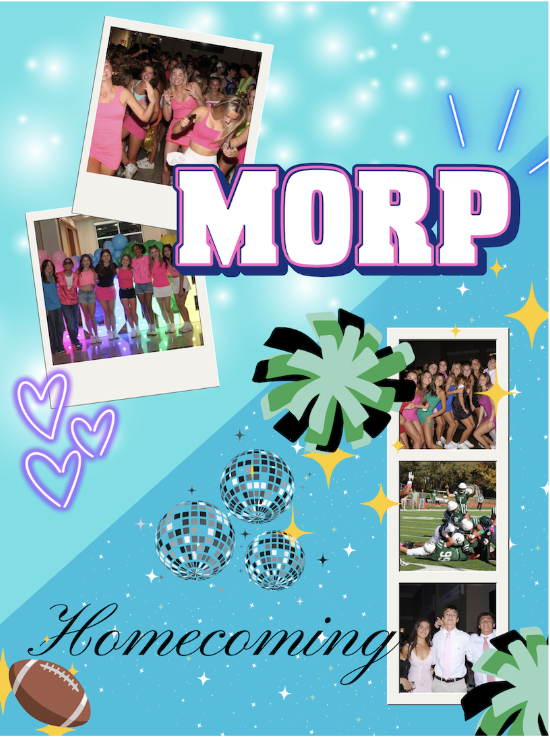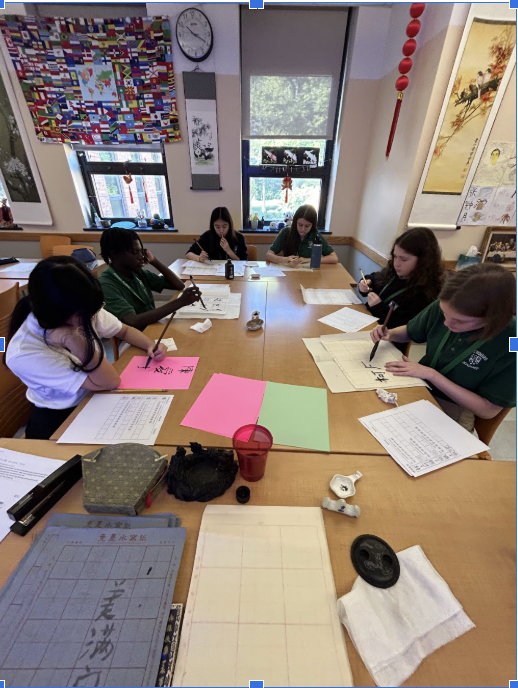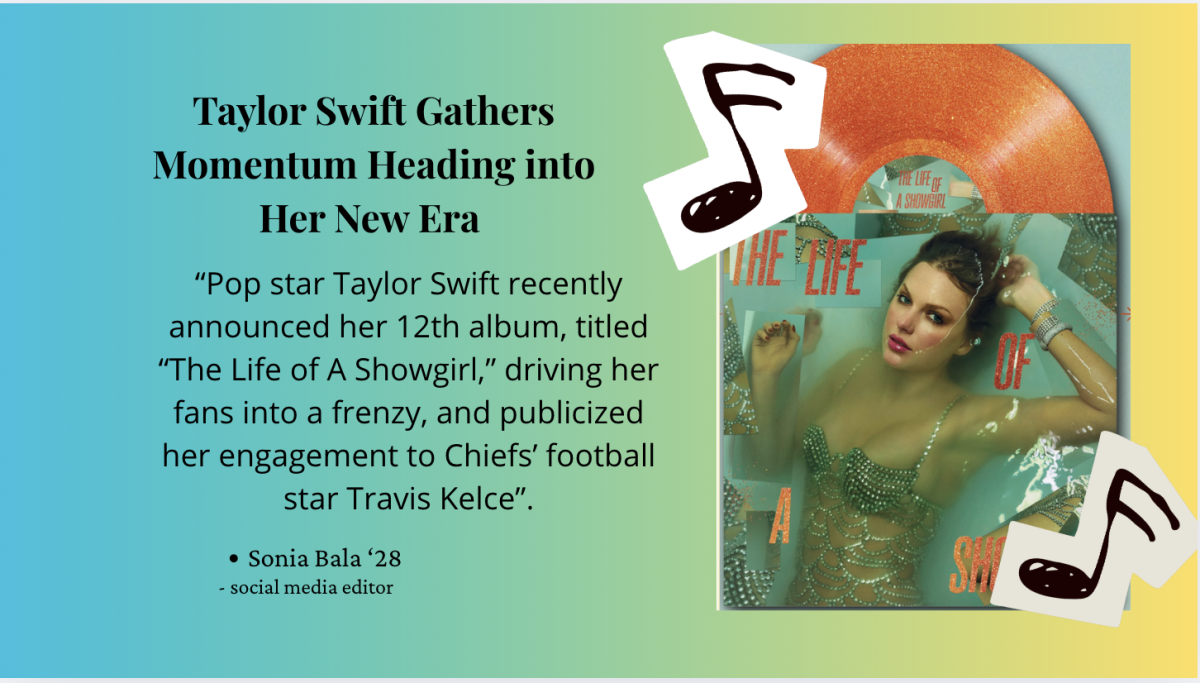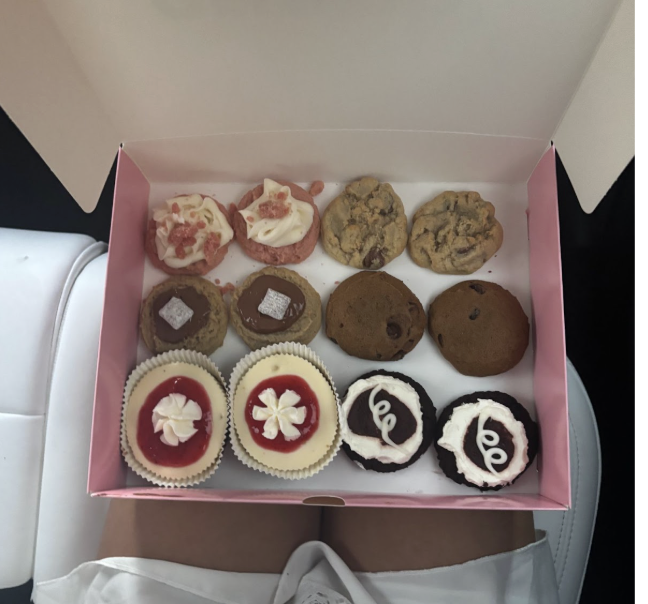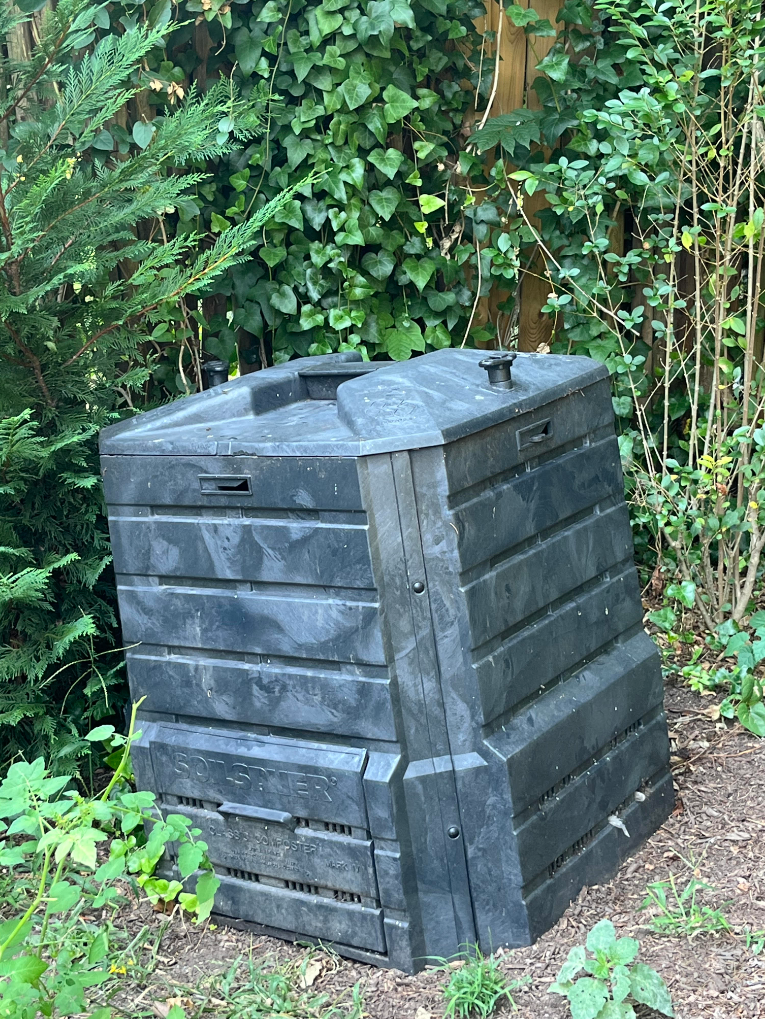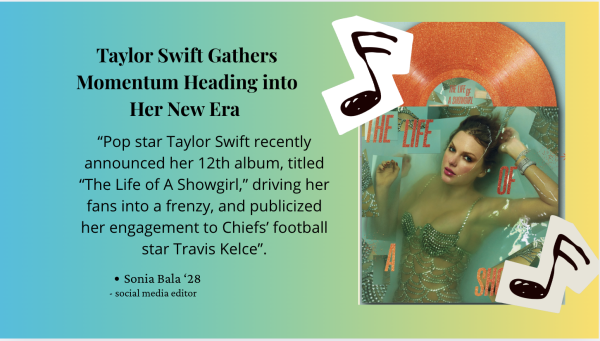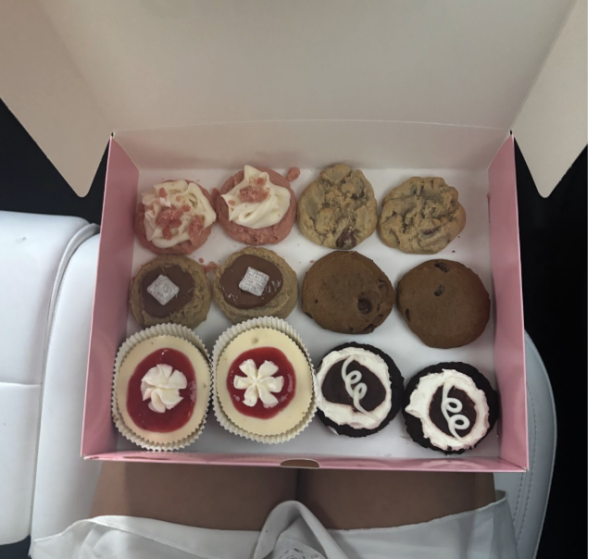Diwali – The Festival of Lights
Diwali, or Deepavali, which means the festival of lights, is the time of victory. It is when good wins over evil. Diwali is the celebration of various occasions throughout India, primarily due to India’s diverse background. In South India, it is the time God Krishna, the protector of the universe, kills another devil, Narakasura. In North India, it is the day when the god, Rama, another form of God Krishna, returns home after defeating the ten-headed demon, Ravana. Some people believe that this time is the marriage of Lakshmi, the goddess of wealth and prosperity, to the God Narayana, the protector and savior of the universe. People believe their unity brings prosperity and eternal happiness, restoration of peace to the world.
So, how do these come together to celebrate the same festival? Diwali is a five-day festival, starting with Dhanteras, a time dedicated to cleaning houses of all impurities and purchasing gold and or silver to welcome prosperity. The second day is when God Krishna kills the malignant demon, Narakasura. The third day is a time of pooja, or prayer to the goddess Lakhsmi, for wealth and unity within the family. Next, the fourth day, another day of pooja and feasting, is offered as the remembrance of God Krishna saving the people of the Govardhan village from the endless storms. Lastly, the fifth day of Deepavali is the coming together of family, friends, brothers, and sisters to celebrate the triumphant win of good over evil.
Diwali is celebrated in different ways, but here are some ways I spend time with my family during Diwali. First, I get up at the crack of dawn, 3 am sharp. Then, I take a sesame oil bath, as it’s a time to rejuvenate and let go of all impurities. After taking a bath, I get dressed in traditional clothes and start lighting mud lamps with ghee. After decorating the house, we go together as a family to burst some firecrackers. The rest of the day is observed fasting, eating rice as a meal only once, and avoiding onion and garlic since it’s a holy day. However, the day is not complete until a visit to the temple to pray to the Gods and celebrate with friends!
Now, let’s hear from some people of the Archmere community. How do you celebrate Diwali?


